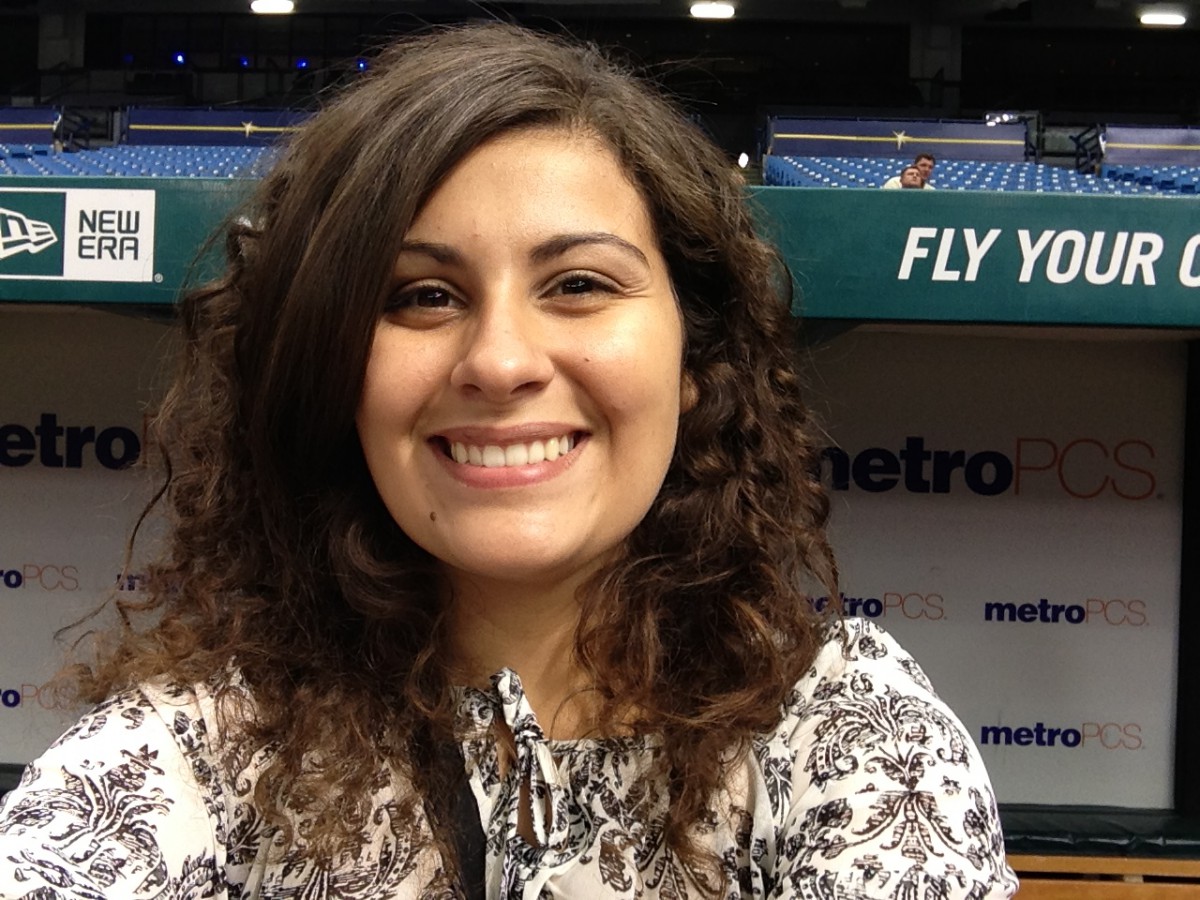It was my third trip to a clinic after being sick for almost a month. I was struggling to get through my studies. I was missing out on the sunshine and waves, and feeling grumpy from lack of sleep. But here I was, twiddling my thumbs in a boosted seat while a nurse cherry-picked keys in front of a flat monitor.
“So what do you do for a living?” he asked, the first question he had posed in our 15 minutes of company.
I sighed. I get two different responses to this: fix the damn newspaper or good luck.
“I’m a journalist,” I said. He raised his eyebrows, moving away from the computer to test my blood pressure.
“Oh really? We need more people like you,” he mused.
Wow, I’ve never heard that one before.
Usually when people talk about being writers, it’s only our own kind who understand. Late nights writing, rewriting and twitching under the scrutiny of editors. We have phone calls ignored, meetings cancelled and “no comments” taken, all for the sake of gathering the truth for our readers. We’re shut out of meetings, in spite of Sunshine Laws, but still fight to write solid, truthful stories.
When it comes to responses of our occupations, it’s normally a scoff about media bias and how we have no “ethics.” Just this past week, I read a blog post written by Poynter ethicist Kelly McBride, who wrote of journalistic ethics regarding a blog post by Buzzfeed. She was torn to pieces in the comments section, in large part because of what journalism is and what it represents. Her well-thought response was drowned by public bias.
“Why do you say that?” I asked him. He moved the stethoscope under the blood pressure cuff, listening for a moment. “Don’t you worry about journalists who abuse it?”
C’mon, I had to ask after being kicked repeatedly by this.
“Think about it: Doctors abuse medicine. There are bad people in everything we do,” he said. “That’s why we need the good ones, too.”
I left the office feeling confident, and maybe a little unsettled. The next day, I took phone calls at the newsroom phone desk from people who didn’t understand how voting districts worked or how the newspaper does not control the television schedule, and I had to scold the profane, too.
But it helped, knowing that someone out there understood what it is that I, and many of my fellow colleagues, are trying to do for them. We don’t change your voting districts or shut you out of polls # talk to your state representative. We don’t set your television guide and reschedule when the Buckeyes are going to play # call Brighthouse. As for your frustration with government, students or Barack Obama? Are the f-bombs really necessary?
If every person had the faith in journalists that this nurse did, I think we could change the attitude, the stigma, the relationship toward the media.
Amanda Starling is a senior majoring in mass communications and news editor. She can be reached at astarling@mail.usf.edu or on Twitter @starlingaj.



